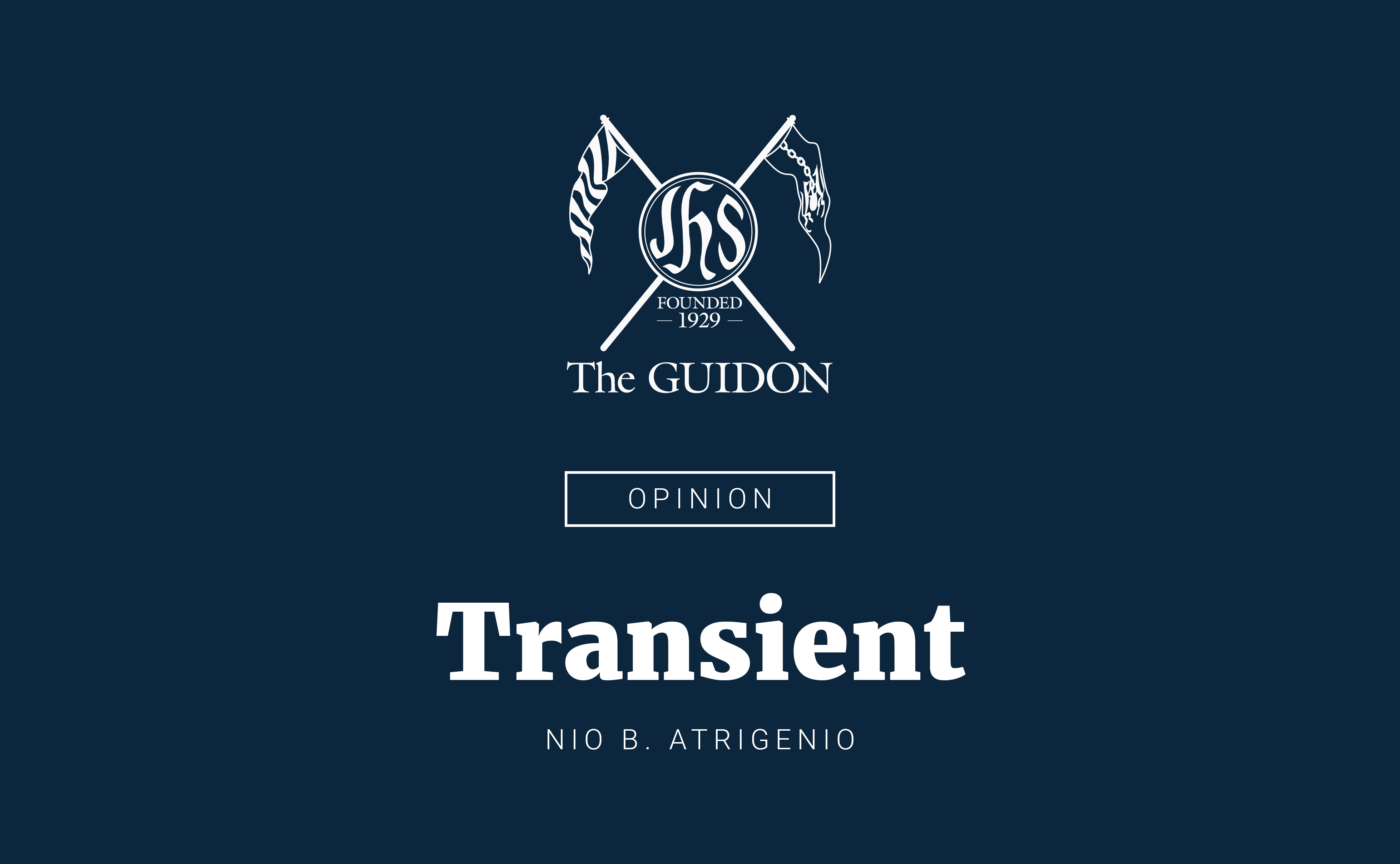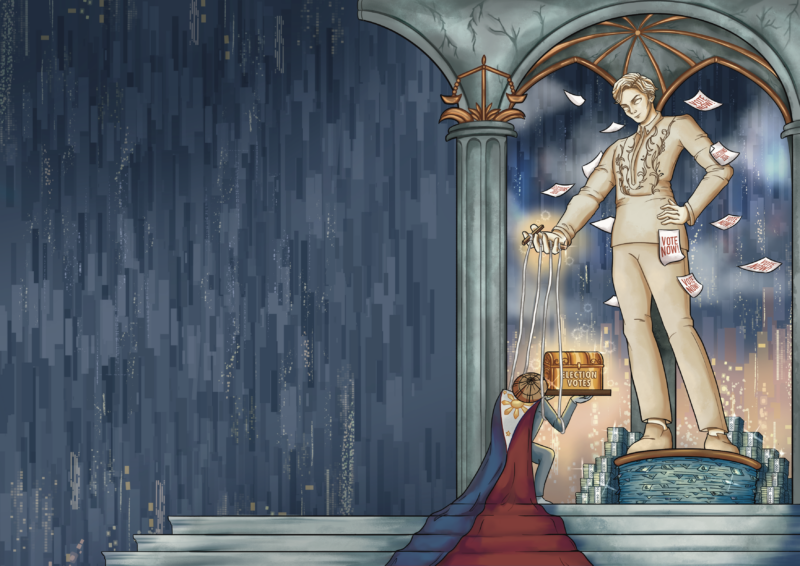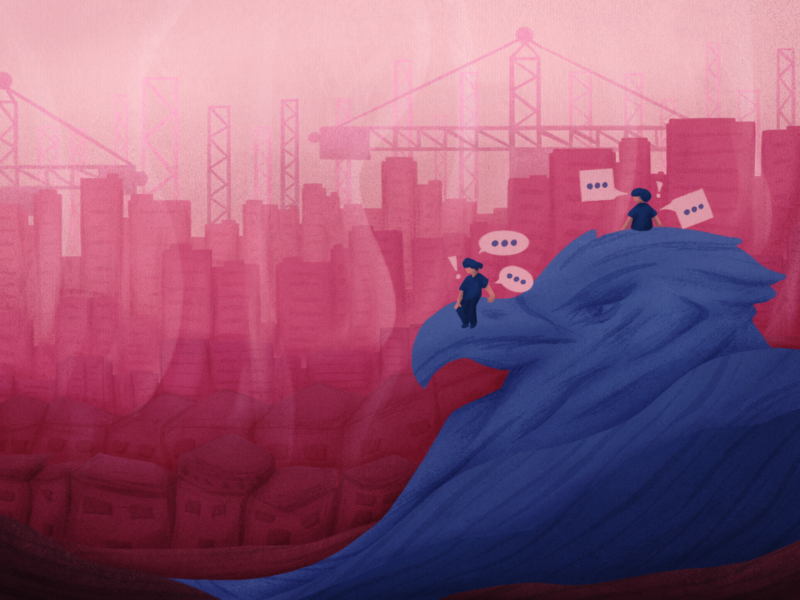50 years ago, a group of Ateneans came together to address the trials and tribulations of the school in relation to the dire national situation. In their Down from the Hill manifesto, they called for radical and revolutionary reforms in topics ranging from the core curriculum to the role of religion.
The methodology of instruction of theology was one of their main points of criticism, as they felt the need for these classes to be taught in light of papal encyclicals and the documents of Vatican II. An emphasis was to be placed on the Christian response to the needs of the Philippine situation.
Today, a quick look at the theology component of the core curriculum shows that this is precisely what we got. The foundations of collegiate-level theologizing are set by Theology 121 and 131, and these culminate in the social analysis and synthesis provided by Theology 141 and 151 respectively. Even the eventually founded Office of Social Concern and Involvement (OSCI) has its part to play in the response to the authors’ concern, as the office is heavily involved in the implementation of the landmark exposure immersion program that has become the bread and butter of Atenean formation.
These changes are definitely steps in the right direction. Before the breakthrough of Catholic Social Teachings, the Catholic Church has suffered from strict dogmatism and distance from the rest of society for centuries. Institutionalizing social involvement in the form of classes and OSCI programs effectively bridges the gap between theory and practice.
However, a lot can be said about the actual efficacy of this kind of formation, especially in light of the current national situation. The turn towards atheistic secularism is making a comeback, especially as people slowly turn away from or become increasingly skeptical of the Church and other religious institutions. This is due in part to the existence of controversies such as sexual abuse within the Church hierarchy, and the ambivalence created by having political leaders who actively clash with this institution, our very own President included.
Furthermore, while the Philippines continues to be predominantly Catholic, the foothold that the faith has on the current generation is arguably getting weaker. People these days are noticeably more keen on promoting self-agency and rejecting the imposition of societal norms, especially when it comes to topics such as gender identity and religious belief.
Even in the Ateneo, some students are also very vocal about their complaints with regard to the 12-unit load of the theology classes. Others also rejoiced at being given the option to undertake an alternative project instead of having to go through the immersion program, following the recent controversy surrounding a case of on-site misconduct. To these people, the theology program comes off as nothing more than a set of requirements that one inevitably has to go through to graduate.
To an extent, these sentiments are understandable. Other higher education institutions have a larger focus on major electives rather than formative courses, such that their students are objectively able to learn more practical knowledge about their respective courses compared to their Atenean equivalents. Furthermore, the variety of professors and teaching methods can very much make or break the learning experience of any class, which makes the overall effect of the formation program rather inconsistent.
Nevertheless, I would argue that the outright dismissal of theology and the growing neglect for it is not necessarily the way to go either. In fact, I would go so far as to say that it is foolish for one to undermine the relevance and significance of faith-based formation. The national situation continues to be overwhelmingly turbulent and rife with injustice, and as we clamor for more politicization and social involvement, we forget that this is also a fundamental part of the theology program’s formation and overall objective.
At the end of the day, having a religious background isn’t necessarily integral to being able to act on your capacity to bring about meaningful change. After all, one does not need to be a Catholic to recognize that protecting human rights and working towards social justice are paramount to having a progressive society. However, consider that even some of the most adamant atheists still graduate from the Ateneo with more knowledge of the faith and an arguably better moral compass than some devout Catholics.
Religious or not, required or otherwise, it is evident that we all stand to gain something from theology. Even if we end up forgetting the musings of M. Scott Peck or that particular Bible quote that our Theology 121 professor told us to memorize, one thing that we cannot let go of is the mindset and attitude that the 12 grueling units have fostered within us. As we go on to occupy different positions in society post-graduation, every time we exercise good moral judgment or exhibit a firm resolve in opposing the brooding forces of oppression, the thorough influence of our formation is affirmed.
Thus, faith will always be an integral part of the narrative of nation building and character development in the Ateneo. It is perhaps no longer as strong now as it was before, but its persistence is a testament to its relevance, especially as we continue to experience the same problems outlined by Down from the Hill.
50 years later, it is clear that one of the main thrusts of this manifesto still rings true: To be Filipino—to be Atenean—is to be Christian.







